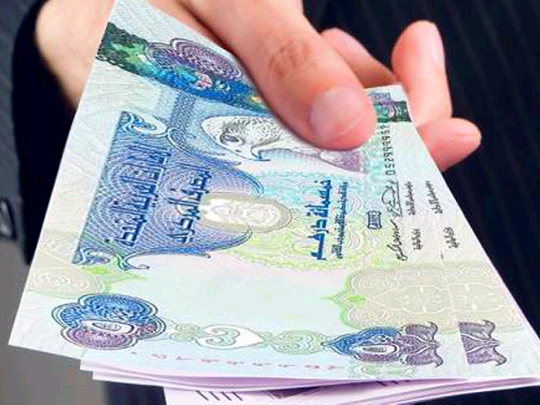
It seems that economic issues have topped the GCC's list of priorities. This is a good step that will have great positive impacts on the growth of Gulf economies on one hand, and on standards of living on the other.
The Gulf Cooperation Council (GCC) should have learned from the experience of the European Union (EU), and drawn lessons from its mistakes. Thirty years since its inception, the GCC has developed into an entity capable of walking its own path and take the initiative to develop its own forms of cooperation that may not yet be utilised by the EU.
Taking the initiative and introducing new forms of cooperation will help the GCC develop and gain global attention as an interesting experience for other countries and blocs around the world. Already the GCC has captured the admiration of fellow Arab nations that wish to follow in the footsteps of GCC countries.
In this regard, the GCC is capable of presenting several initiatives in line with its cooperative nature and based on its experience, especially that the GCC has some fundamentals and foundations that are not available in other economic blocs, including the EU.
Moreover, the latest international economic developments, particularly the global financial crisis, have created new developments that must be utilised for future economic developments and building the experience of the council.
Among these developments is the financial crisis that struck Greece recently and left the European Union's countries in a state of confusion due to the lack of means to intervene and save its fellow member of the bloc, which is also a member of its monetary union. This is the reason behind the delay of the rescue procedure. Another reason behind this delay is the divided stance of the Union members between supporters and opponents of the rescue plan. Some have suggested that the problem should be referred to the International Monetary Fund (IMF) to handle it. Usually, the fund imposes conditions and obligations that may not be consistent with the directions of the EU or with the country receiving the subsidies, a situation that had occurred often.
Therefore, the proposal discussed by the governors of Gulf Central banks in their recent meeting to establish a GCC Sovereign bank or a Gulf Monetary fund to intervene immediately to resolve any financial problems facing any member. This fund would serve as a strong foundation to insure the stability of financial conditions in GCC countries. It can also send a strong message to global financial markets that the Gulf countries are capable of tackling any future financial fluctuations, including the fluctuations in oil prices.
This approach will provide a strong support to financial centres in the Gulf region that are gradually transforming into global markets and attracting more foreign capital and investments. It will also lead to the stability of the Gulf single currency through the full commitment of member countries to monetary standards agreed upon, especially with regard to budget deficits and public debt.
The current financial situations in GCC countries are ideal for setting up such an important financial institution (the proposed GCC sovereign bank) for future economic action of GCC countries. Also, the prices of oil are at their best state, and are expected to increase over the few coming years.
This would provide GCC countries with strong financial capabilities that would enable them to contribute to the proposed institution's capital that will benefit all members of the council.
At the same time, the establishment of this financial institution will not be for charitable purposes, but a profitable commercial based asset for the GCC countries. The proposed institution will also be able to intervene immediately in case of any financial emergency.
If such advantages and other gains will be achieved by the existence of such an initiative, then this approach should be seriously considered to take practical steps for the direct implementation of the institution in preparation for future developments of the Gulf economic bloc.
Dr. Mohammad Al Asoomi is a UAE economic expert.












